加入 getAbstract 阅读摘要

加入 getAbstract 阅读摘要
The President’s Review Group on Intelligence and Communications Technologies, Richard A. Clarke, Michael J. Morell, Geoffrey R. Stone, Cass R. Sunstein and Peter Swire
Liberty and Security in a Changing World
Report and Recommendations of the President’s Review Group on Intelligence and Communications Technologies
Princeton UP, 2013
看看什么内容?
How can the US promote security and liberty in a world of vast technological and political change?
Recommendation
Counterterrorism expert Richard A. Clarke, constitutional law scholar Cass R. Sunstein, and other top thinkers and strategists created this report about the collision of national security and personal liberty at the behest of President Barack Obama. Their transmittal letter, executive summary and historic overviews explain the group’s principles and its assumptions on global security issues. The members lay out their recommendations bluntly. When the report addresses specific legal matters, its language may leave general readers a bit behind. That is unfortunate, because the recommendations and the reasoning behind them have pragmatic utility. While never politically partisan, getAbstract recommends this report to those interested in national security, political liberty and the ragged places where those concerns intersect with information technology.
Summary
About the Authors
The President’s Review Group on Intelligence and Communications Technologies is made up of Richard A. Clarke, Michael J. Morell, Geoffrey R. Stone, Cass R. Sunstein and Peter Swire.











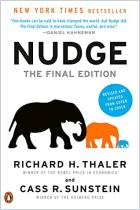

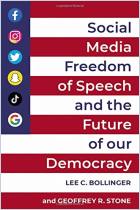

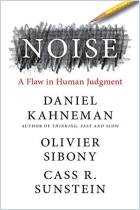






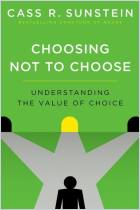






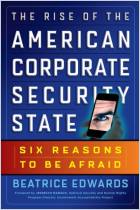




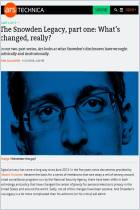

Comment on this summary